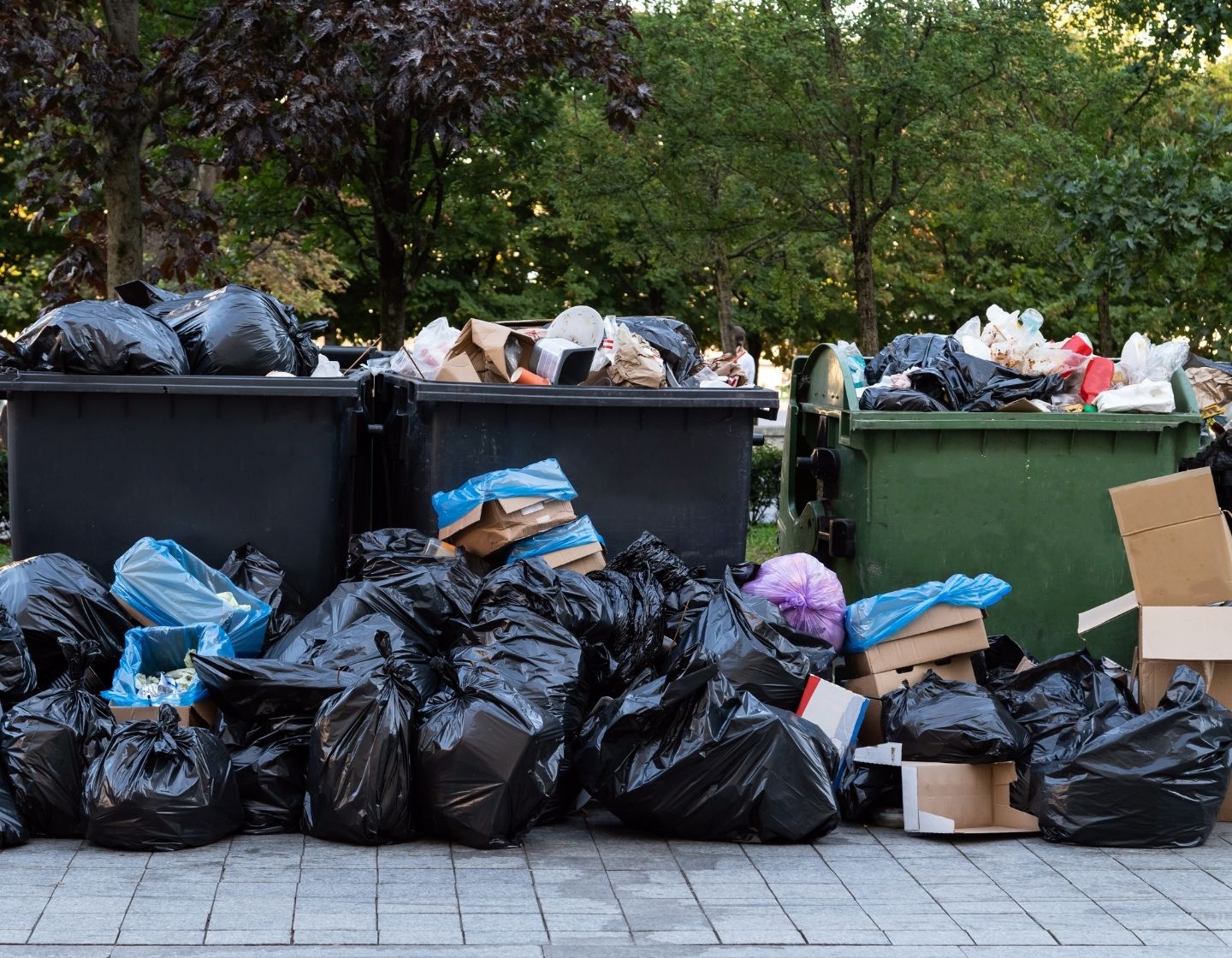What happened in the world of sustainability in June?
Welcome back to the second edition of our monthly sustainable news round up. We’re pleased to say that along with the sunshine, June has mostly bought positive change to the world of sustainability too.
Birmingham County Football Association announce ‘Save Today Play Tomorrow’ campaign
The campaign aims to minimise the impact that football has on the environment by educating players on four topics: health and wellbeing, positive education, climate action and reconnecting with nature.
The campaign is the first of its kind in the UK and more than 4,700 teams will take part. It will provide best practice guides, carbon literacy training, education and infrastructure support to all of the Birmingham County FA teams, football clubs, match officials and players.
The campaign has also teamed with Pledgeball, where they have signed up to a Sustainable Football Pledge. The founder of Pledgeball, Katie Cross, believes the football community can make change happen. This partnership will allow clubs and teams to track their carbon emission saving activities and encourage others to follow.
Richard Lindsay, business insights manager at Birmingham County FA and project leader for Save Today Play Tomorrow said:
“Our long-term goal is to play our part in protecting future generations ability to enjoy this incredible game, which is such an important part of our community and identity for so many people”.

Bristol is awarded Gold Sustainable Food City status
After a number of successful initiatives across the city, Bristol has become the second city in the UK to achieve the status of Gold Sustainable Food City.
Their winning application saw the local community, organisations and food businesses focusing on reducing food waste, community action, buying and eating better, urban growing, food equality and growing Bristol’s good food alliance.
Grow Wilder is just one example of the amazing work Bristol is doing. The Avon Wildlife Trust is a local charity that works with landowners to create beautiful spaces bursting with wildlife. Their Grow Wilder mission educates and empowers communities, people and businesses through wildlife-friendly gardening and sustainable food growing.
This story shows how powerful a single community can be in the face of climate change. It will most definitely achieve its mission of inspiring other people and organisations to follow suit.

Could Blockchain tech help fishing become more sustainable?
If you’ve seen Netflix’s Seaspiracy you’ll know all about the environmental impact of the fishing industry. But recent technology has the potential to change that.
Blockchain is essentially a digital label, meaning that everyone along the supply chain will be able to see where and when their specific fish was caught, which boat caught it, who processed it and which certifications have been met – making it entirely transparent.
Blockchain could also reduce fraud in the industry by proving the species of fish, whilst guaranteeing where, who and how a fish has been caught ensures that the catch has been made in an area of sustainable fish populations.
The digital label is stored in a database which can be accessed across a network and updated in real-time. Leading professionals believe it could change the fishing industry for the better, but we’ve yet to see an impact as it’s still in the early days of use.

Amazon destroys millions of unsold stock in one of its UK warehouses
ITV discovered some alarming news – that online giant Amazon has been destroying millions of unsold and unused stock every year, rather than giving it away to charity or those in need. An ex-employee revealed that their target was to destroy 130,000 products a week – astonishing! The stock is likely to have been sent to recycling centres or landfill.
Why? It is believed that because many vendors house their products at Amazon’s warehouses (which is super pricey), that it’s actually cheaper to dispose of the stock rather than continue storing it.
Greenpeace’s Sam Chetan told ITV:
“It’s an unimaginable amount of unnecessary waste, and just shocking to see a multi-billion-pound company getting rid of stock in this way”.
Let’s hope that this revelation forces Amazon to rethink its strategy.

Chelsea’s Flower Show will send ‘strong political message’ leading up to Cop26
This year’s Chelsea Flower Show taking place in September will demonstrate how gardening can protect wildlife, address climate change and help the environment.
The garden will be split into four themed areas representing the challenges we face. One area will show a ‘decline’, representing modern gardens with paved areas and immaculate lawns, whilst an ‘adaption’ area will be full of drought-tolerant desert plants.
The third area will represent ‘mitigation’ through a wildlife-friendly pond and a green front garden, whilst the fourth area, ‘balance’, will comprise an environmentally-friendly cottage garden with a wild meadow.
The event is leading up to the November 2021 United Nations Climate Change Conference taking place in Glasgow. Royal Horticultural Society director-general Sue Biggs wants the government to listen to their political stance and take notice of how horticulture can combat climate change.
But she believes that the UK’s 30 million gardeners have a role to play too, by ensuring their gardens attract wildlife, capture carbon, cope with increasingly extreme weather conditions and improve overall wellbeing.
Check out how you can transform your garden into a wildlife haven.

We truly believe that the actions of one individual can make a difference, which is why we make it easy for you to choose sustainability. Join our Home Club today for unbeatable prices, access to exclusive know-how guides and even earn as you spend with our Planet Points.
